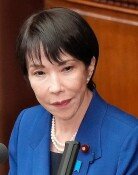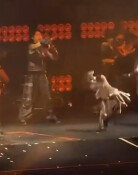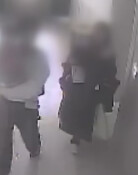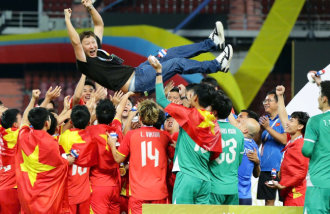Seoul and Tokyo Look the Same, but Inside Different
Seoul and Tokyo Look the Same, but Inside Different
Posted May. 25, 2002 09:35,
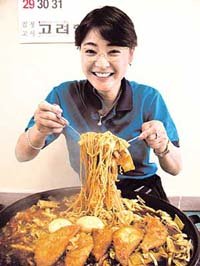
When Japanese actress Kuroda Fukumi (39. picture) first felt interested in Korea, it was 20 years ago. At that time, Korea was `insignificant` to Japan. It was near, but it was also far that nobody ever wanted to know about it.
In comparison, Korea envied Japan’s rapid growth but could not forget the history, and its view was always full of hatred and hostility.
“During that time, some senseless Japanese tourists rushed to Korea on so-called `kisaeng party` to spend money and take Korean women as playthings. Japanese women quietly avoided Korea in that sense. But now, there is a Korean boom in Japan, and even the Korea-Japan World Cup is only a few days left. It’s unbelievable.”
Kuroda, who is fluent in Korean, expresses excitement that the Japanese image of Korea is finally changing in 20 years. Her recent books `Sarang Hameunida` (I Love You) and `Seoul no Tatsujin` (A Master of Seoul) are filled with her love for the country. `Sarang Hameunida` is her autobiographical essay collection, and `Seoul no Tatsujin` is a tourist guidebook.
As her interest for Korea became widely known during her early career as an actress, she became involved with many Korea-related programs, and she did her best to put in everything she knew.
“Before the Olympics, Seoul was a big city but it was also full of Asian sentiments. Old streets were still there, and street stands were full of food. Smell of burning briquette could be regarded as the smell of Seoul.”
Kuroda, however, regrets that Seoul had turned into a regular city after the 1988 Seoul Olympics, as old houses were replaced by new buildings under the name of development.
Especially, Seoul Tower looks similar to Tokyo Tower, Lotte World to Tokyo Disney Land, Shinchon to Harajuku, and Abgujeong-dong to Ajahu. However, Kuroda feels that there is still something different inwardly between the two cities, even though the outside looks the same. This motivated her to write a guidebook about what attractions Seoul can offer.
“Stuff they sell in Insa-dong are cheaper at the underground shopping center of Express Bus Terminal. Munjeong-dong’s outlet store is more famous in Japan. Korean bath is also something not to be missed.”
Familiar everyday life suddenly becomes new, looking at her guidebook. Things are not very attractive, since they are around us all the time, but through the author’s different `lens`, they feel new. Her book is a result of 2 years of self-coverage and pictures, and therefore, it would make good introductory information of Seoul during the Korea-Japan World Cup.
Mun-Myung Huh angelhuh@donga.com



